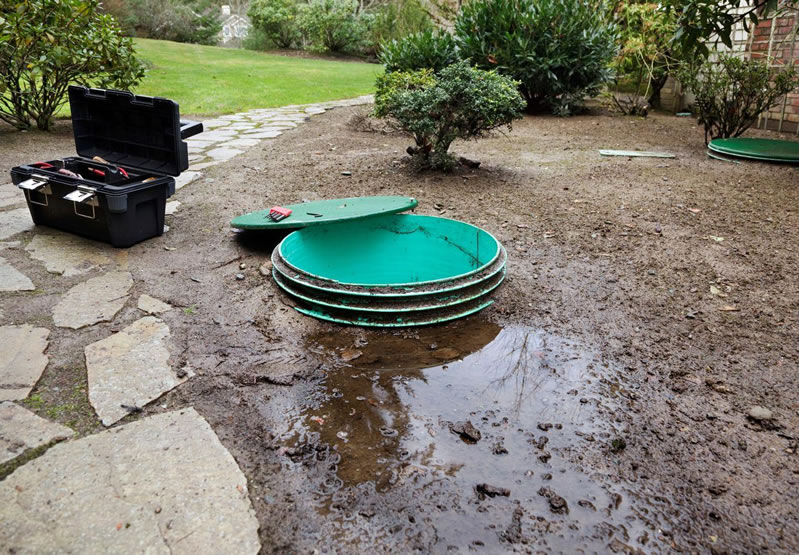
05
You might notice slow draining sinks or bathtub drains occurring in your house recently. Ever wonder why this is happening? These are likely to be signs of a septic tank backup. Septic tanks require skill and knowledge of how the septic system works. This is why most of the time a professional should deal with problems concerning the septic tank. If you need help with your septic tank backup or septic tank repair, call Charlotte Septic Pros, a septic tank company you can rely on.
Contact Us
If you’re looking for a good septic tank company that you can trust your septic system with, Charlotte Septic Pros is a good option for you. Call or schedule an appointment with us whenever you have trouble with your septic tank.

22
Can Bacteria Additives Eliminate the Need for Pumping? If you own a home with a septic system, you’ve probably seen…
Read more
12
A single slow drain in your home can feel like a minor inconvenience. Maybe the sink takes a little longer…
Read more
05
Are Slow Drains a Septic Issue or Just a Clog? Slow drains are one of those household problems that start…
Read more
02
What Septic Service Techs See That Homeowners Miss Most homeowners only think about their septic system when something goes wrong.…
Read more
21
Simple Habits That Protect Your Septic System A well-functioning septic system does its job quietly, but the moment something goes…
Read more
14
Pump Now or Pay Later: The Real Cost of Skipping Maintenance A properly functioning septic system is easy to forget…
Read more
11
Why Your Septic System Always Acts Up at the Worst Time Homeowners often feel that septic problems strike at the…
Read more
04
Early Warning Signs Your Septic Tank Needs Pumping For homeowners who rely on a septic system, routine maintenance is not…
Read more
29
Why Does My Septic System Smell Fine One Day and Terrible the Next? If you own a home with a…
Read more
19
Is Your Septic System Overdue? Simple Home Checks You Can Do Today For many homeowners, the septic system is a…
Read more